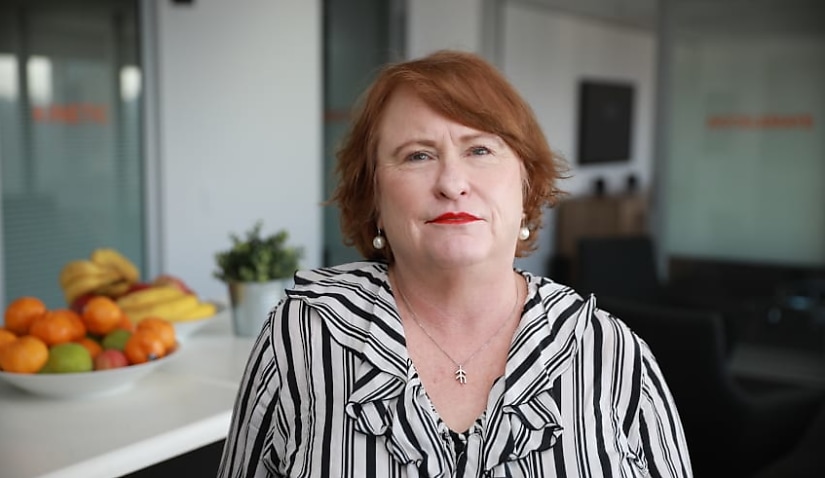Powered by MOMENTUM MEDIA
The Australian Lawyers Alliance (ALA) has condemned proposed legislative reform that is set to lift the ban on the use of testimonials in advertisements for health services, arguing that it poses a significant risk to those seeking cosmetic surgery procedures.

New draft legislation has set out amendments set to lift the ban on the use of patient testimonials in advertising, which was imposed in 2010.
The ALA maintains that more regulation of the cosmetic surgery industry is needed — not less.
“Horrifying incidents of botched cosmetic surgery underscore the need for stricter regulation of the industry,” said the ALA.
Australians already spend a combined $1 billion on cosmetic surgery per year, with social media being a key avenue that surgeons use to advertise their services.
The AHPRA has argued that testimonials would be monitored to ensure they aren’t misleading — an immense task considering the vastness of the online landscape.
Several organisations have lobbied against the decision, along with the Australian Medical Association (AMA), which lodged a submission warning that testimonials are easily faked or taken out of context and are “likely to be relied upon by patients, even if their condition is not comparable”.
The AMA noted that the “AHPRA and the national boards are unlikely to be able to undertake such extensive monitoring this given their resources”.
“There is an overwhelming amount of evidence showing conduct by so-called ‘cosmetic surgeons’ which does not meet accepted professional standards and poses a threat to public safety,” said Ngaire Watson, a barrister specialising in medical negligence claims and spokesperson for the ALA.
“This is not the time to consider relaxing the rules around health services advertising to allow the use of patient testimonials,” she said.
“The regulation of cosmetic surgery has not kept pace with the huge growth in the industry.
“We have been very concerned for some time now about the increasing numbers of people who suffer serious complications and ongoing injury as a result of elective cosmetic procedures,” said Ms Watson.
The ALA is awaiting the release of the report from AHPRA and the Medical Board of Australia’s Independent Review of the Regulation of Health Practitioners in Cosmetic Surgery.
“We hope the review will recommend stronger regulation of the industry, including in the realm of cosmetic procedures advertising,” said Ms Watson.
“The review must endorse the current legislative ban on the use of testimonials in advertising.
“If the use of testimonials in cosmetic procedures advertising is allowed, it will enable practitioners to present an even more skewed and unrealistic perspective to prospective patients.
“Too often people choose to undergo a cosmetic procedure, and decide which practitioner to use, without all the relevant information.
“Allowing practitioners to use testimonials in their advertising will only exacerbate the problem. It will expose the public to preventable dangers and will increase the risk to public safety.”
The AMA noted that the proposed bill would “undermine a consumer’s ability to make an accurate and evidence-based decision regarding their medical treatment”.
“We contend that this is likely to lead to worse health outcomes for a proportion of these patients,” stated the AMA.
The ALA has supported a call for an independent and objective inquiry into the cosmetic procedures industry, the regulation governing the industry, and the industry’s federal and state regulators.
“A public inquiry would provide greater transparency around the regulator’s processes for monitoring and sanctioning cosmetic surgery providers,” said Ms Watson.
“It would also make public information about unlawful advertising and the subsequent rates of prosecution for non-compliance with advertising regulations.
“In order to protect the public, we must have a system in place that ensures swift and comprehensive action by regulators against doctors practising in a manner that does not meet professional standards.”
We're evolving — and so should your insights. Heads up — Lawyers Weekly is going premium from 1 May for just $5 a month. Stay informed without missing a beat. More information coming soon.